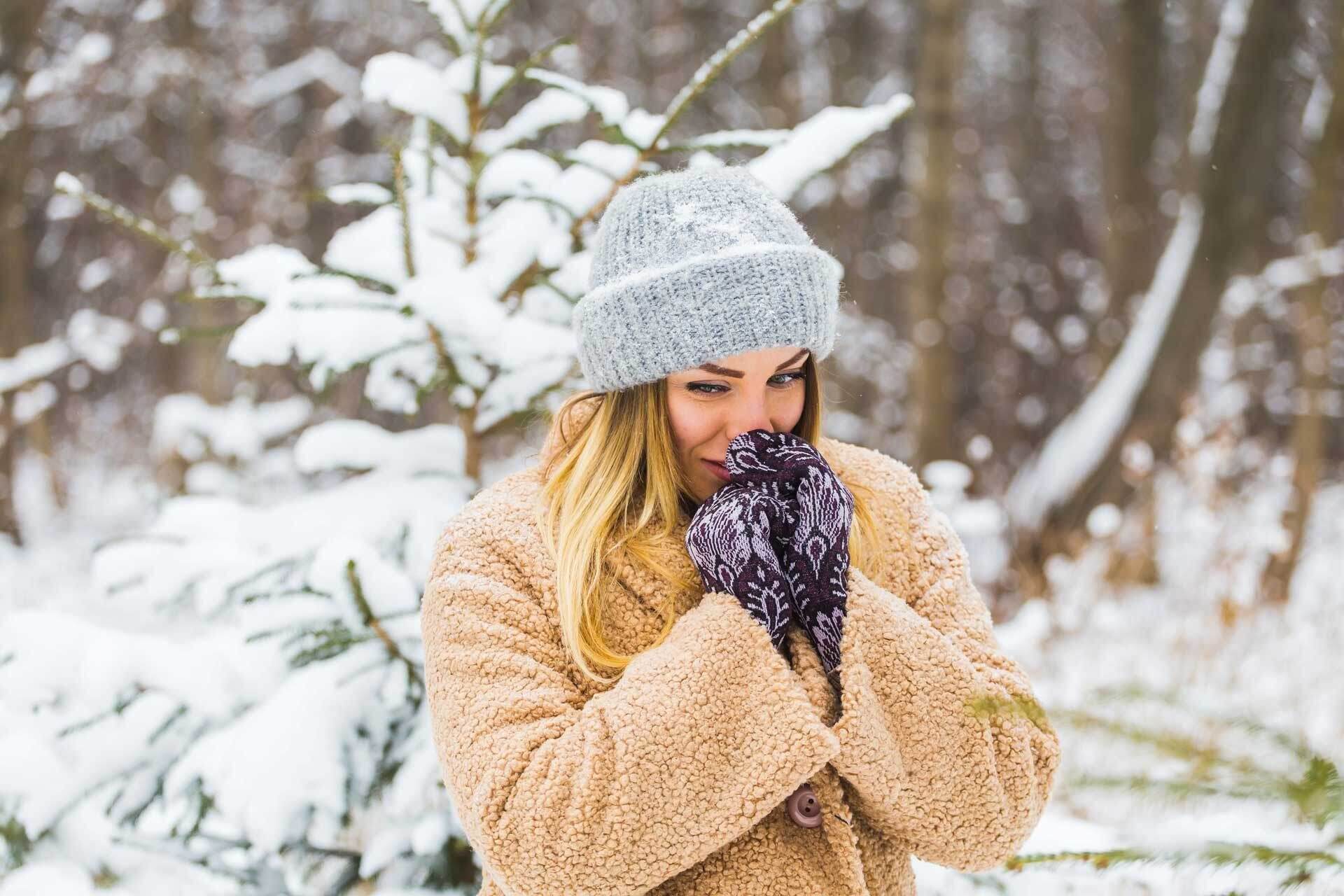Fall and winter are often known as the cold seasons, and the number of sinus infections increase during the wintertime. Sinus infections occur when fluid builds up in the sinuses, allowing germs to grow. Factors such as seasonal allergies and colds can increase your risk of getting a sinus infection,so it’s important to wash your hands often and seek medical care if your symptoms are severe or if you’ve had multiple sinus infections in the past year.
Winter Sinus Problems
A bad cold is sometimes mistaken as a sinus infection, or sinusitis. The sinuses are air-filled and are located:
· Behind the nose in front of the brain
· On either side of the bridge of the nose
· Within the bony structure of the cheeks
· Behind the forehead and eyebrows
Healthy sinuses are coated with a thin layer of mucus that traps germs and dust, and tiny projections sweep the mucus toward openings in the back of the throat to slide down into the stomach. However, sometimes the tissues in the sinuses can become inflamed, which interrupts the tiny projections from doing their job and sweeping back the mucus. The mucus then becomes trapped in the sinuses. When this happens, people experience symptoms such as:
· Runny nose
· Congestion
· Postnasal drip
· Headaches
· Tenderness of the face
· Coughing
· Fatigue
· Bad breath
· Fever
Should I Seek Medical Care?
Many sinus infections have similar symptoms to the common cold, so patients often confuse the two. In order to diagnose a sinus infection, your doctor will examine the throat, nose, and sinuses looking for redness, inflammation of the nasal tissues, facial tenderness, and more.
Generally, a sinus infection resolves on its own. It’s important to rest and stay hydrated as your body fights off the infection. You should see a doctor if you have severe symptoms or if your symptoms last longer than 10 days without improving. You should also see a doctor if your fever lasts longer than 3-4 days or if you have had multiple sinus infections within the past year.
Tips to Stay Healthy in the Winter
In addition to regular hand washing, there are a number of other preventative steps you can take to help protect yourself against winter sinus problems such as sinus infections. Get your flu vaccine every year. Avoid close contact with people who have colds or other respiratory infections. Do not smoke and avoid secondhand smoke. Use a clean humidifier to keep air moist at home, and stay hydrated.
If you are experiencing sinus infections, they will usually resolve on their own within a few days, but if your symptoms cause you discomfort, give your doctor a call.




